Description
Zamia furfuracea, commonly known as the Cardboard Palm, is a low-growing, prehistoric-looking cycad native to the coastal regions of Veracruz, Mexico. Although it resembles a palm, it actually belongs to the ancient cycad group, which predates the age of dinosaurs. The plant forms a short, thick trunk and produces stiff, oval-shaped, fuzzy leaflets that feel like cardboard—hence its common name. It thrives in warm, sunny environments and is especially valued in xeriscaping and tropical landscaping due to its drought tolerance and minimal maintenance needs. The Cardboard Palm prefers well-drained soil and does well in both containers and garden beds. It is dioecious, meaning individual plants are either male or female, and it reproduces via cones. While striking and resilient, all parts of the plant are toxic if ingested, especially to pets like dogs and cats. Its unique, architectural form and hardiness make it a favorite among gardeners looking for an exotic, low-care plant for warm climates.



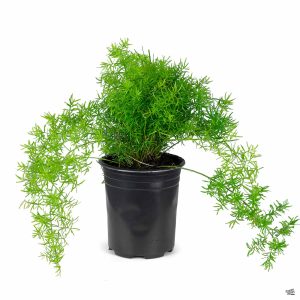
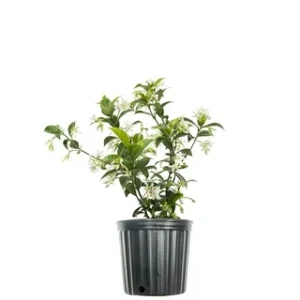
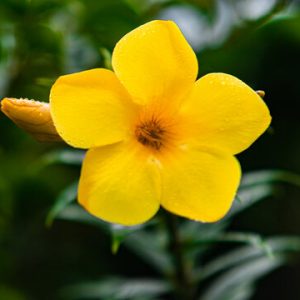
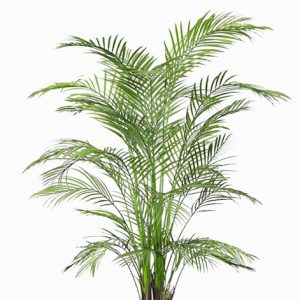

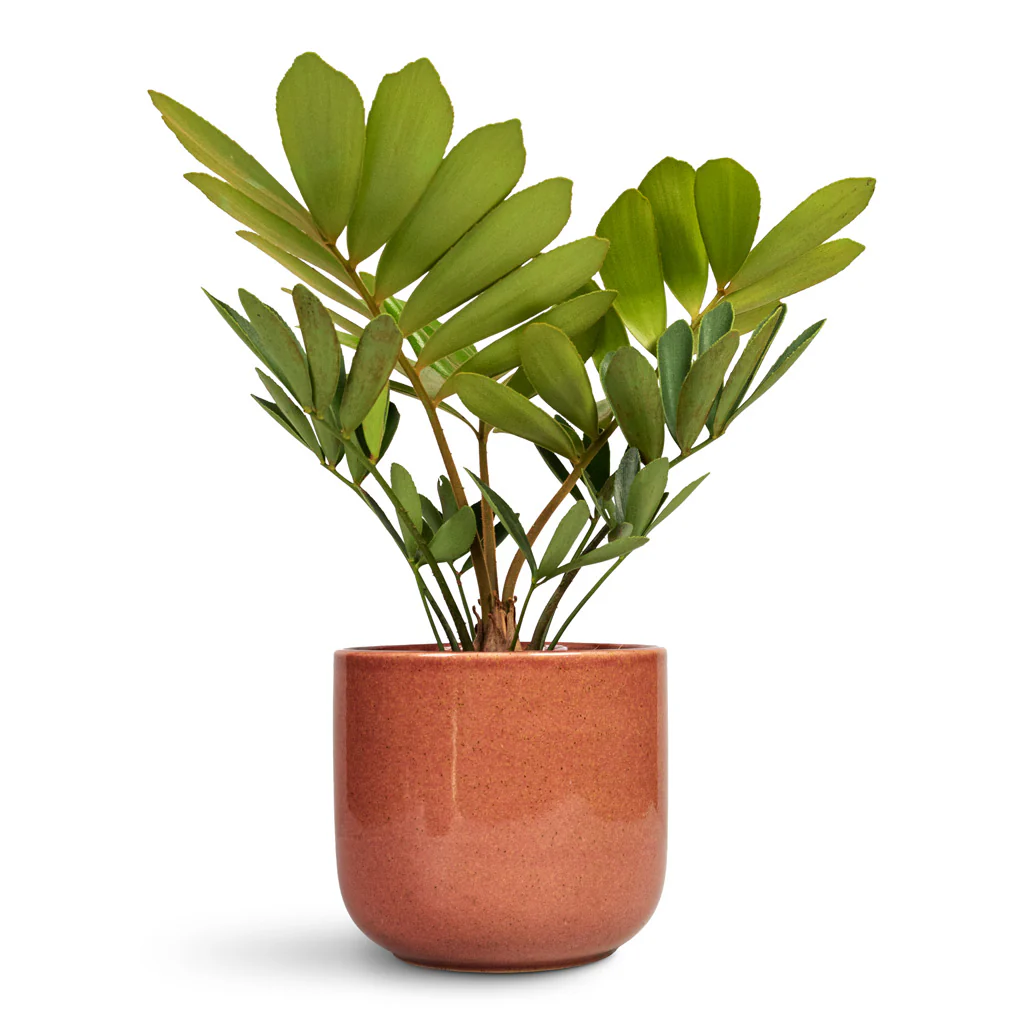
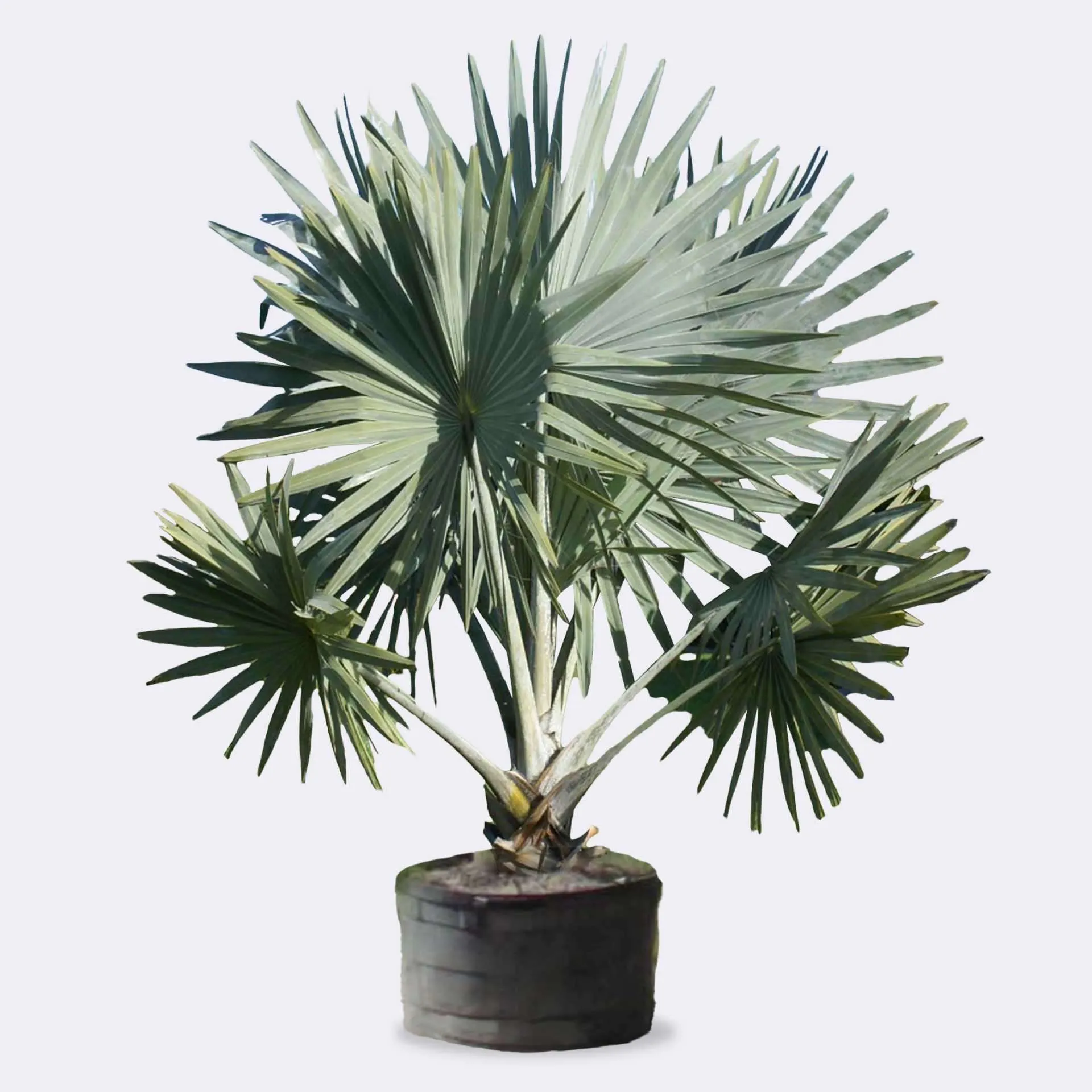
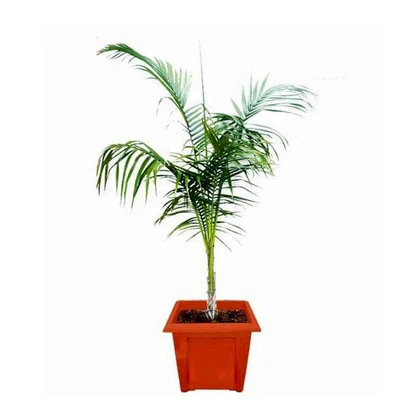
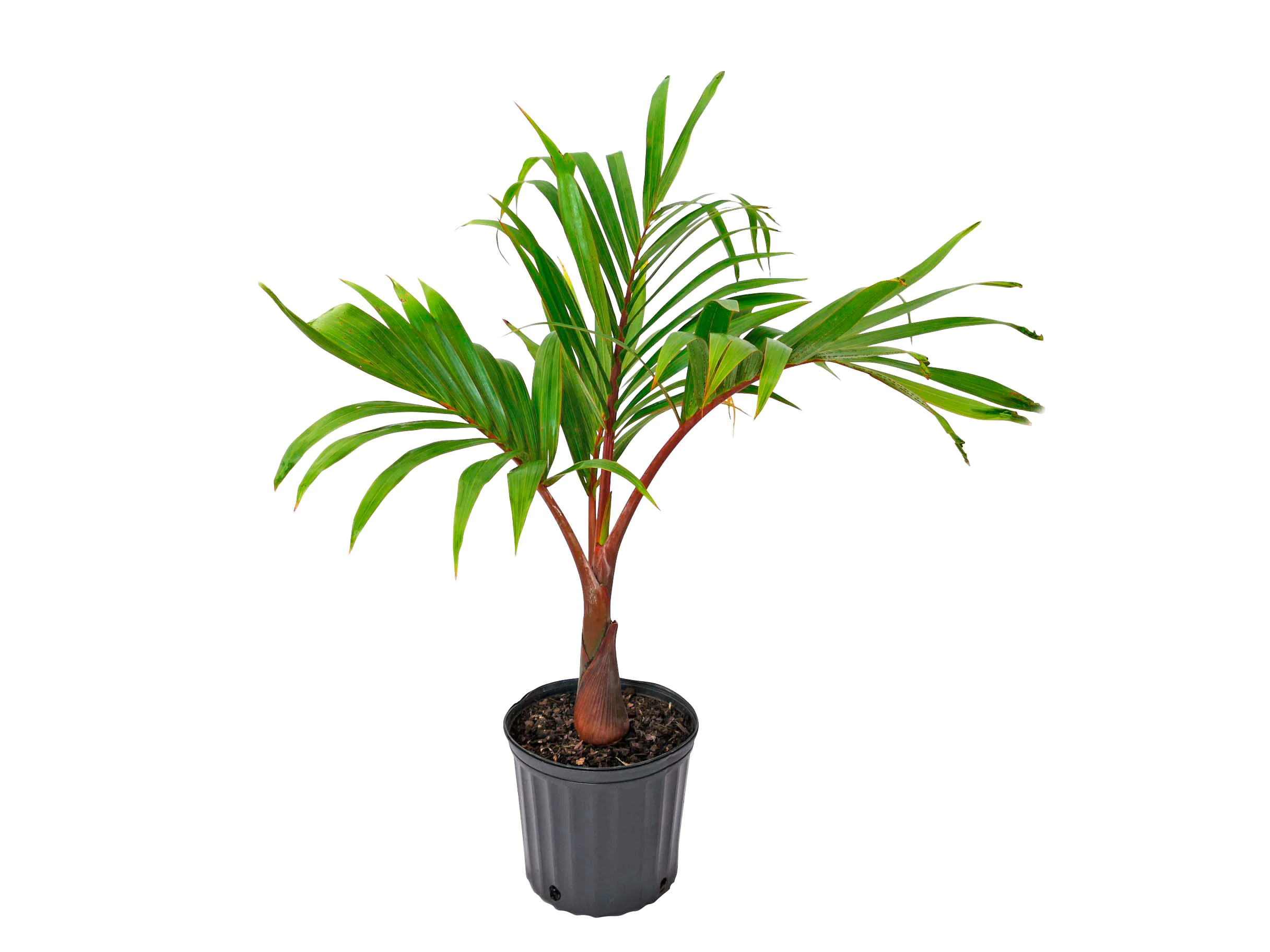
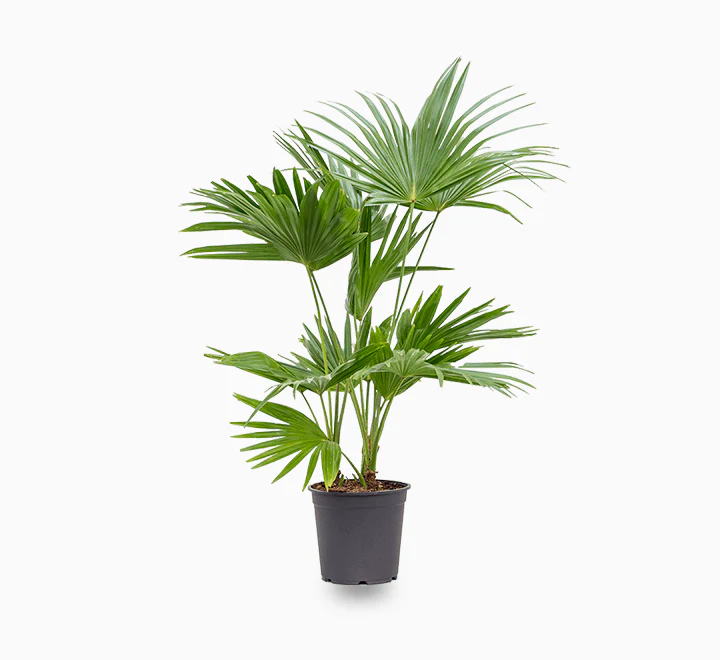
Reviews
There are no reviews yet.